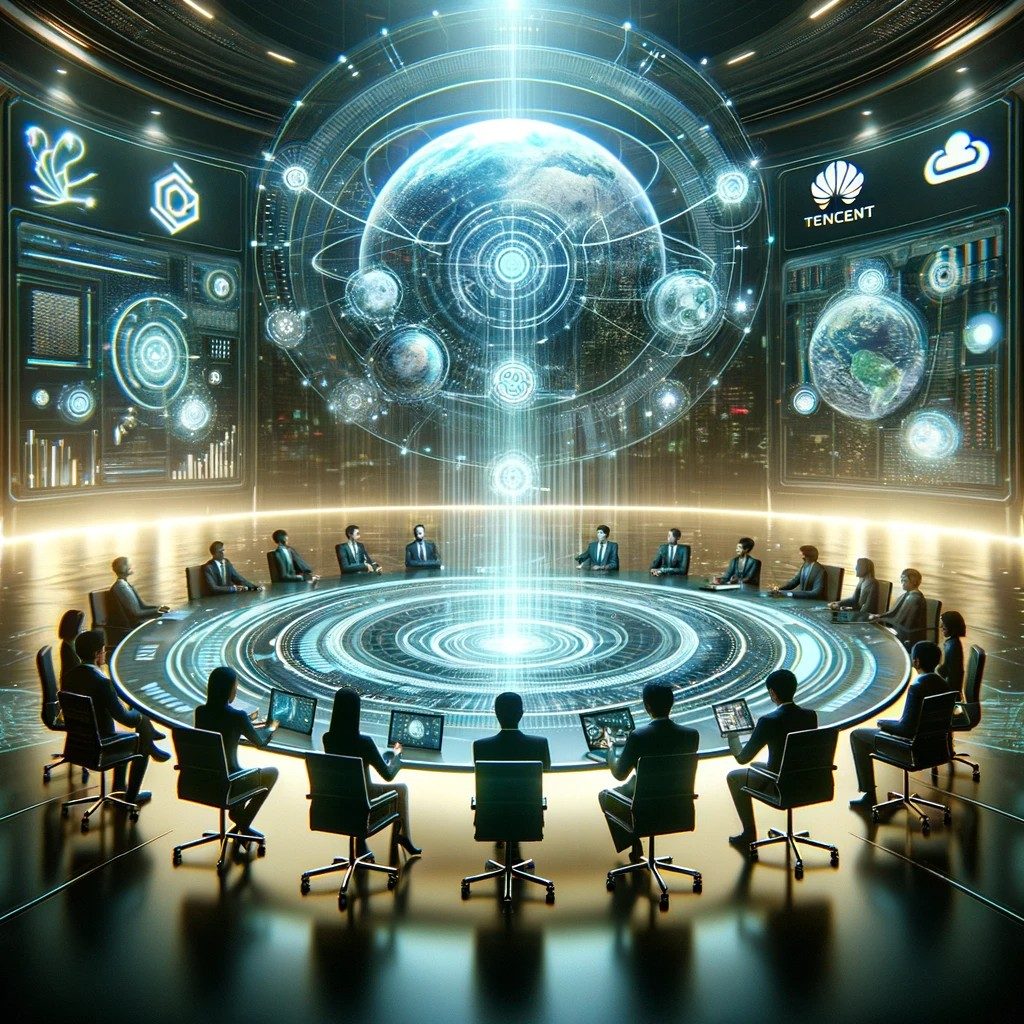China’s plans to reshape the global power dynamic were starkly evident when they spearheaded the expansion of the BRICS bloc.
With six new nations – Argentina, Egypt, Ethiopia, Iran, Saudi Arabia, and the United Arab Emirates – the newly-expanded BRICS now boasts of an unprecedented scale and impact, challenging the long-held dominance of Western coalitions.
The Changing Landscape of Economic Powerhouses
No longer content to be overshadowed by institutions that give preferential treatment to the Western world, China’s strategic move sends a clear message.
The G7, with its elite group of Canada, France, Germany, Italy, Japan, the UK, and the US, has long held the reins of global economic power.
However, their collective influence, which comprises 9.8% of the world’s populace and 29.8% of its GDP (minus the EU), now pales in comparison to the enlarged BRICS alliance.
With a staggering 47% of global population and 37% of its GDP, the BRICS has positioned itself as a formidable counterweight. The tangible advantages are not just limited to numbers.
This new behemoth bloc controls the majority of the world’s oil and gas resources and is richly endowed with a plethora of other natural assets. This is not just about economics; it’s about creating a seismic shift in the global power dynamic.
By analyzing the carefully worded statements from the latest BRICS summit, China’s deeper ambitions become evident. Their intentions are to remodel international institutions to cater more to developing nations, ensuring that they have a voice and the power to match it.
Challenges to Established Norms and Potential Roadblocks
China’s audacious push isn’t solely aimed at the G7; the Bretton Woods institutions are in the crosshairs too. Dominated for decades by countries like the US and Japan, the World Bank and the IMF might soon face an overhaul.
Beijing is advocating for a broader representation of emerging markets and developing nations, even in leadership roles. It’s a significant departure from tradition, where the World Bank has been helmed by an American and the IMF by a European.
The United Nations is another focus for reform. The UN, central to global governance in China’s view, has been pressed to reconsider its Security Council’s representation.
Presently, it’s limited to five permanent members, with China and Russia among them, and ten non-permanent members. Both BRICS members Brazil and India, along with other developing nations, are clamoring for a stronger presence at the top.
While this drive is seen as a challenge to the long-standing influence of some developed countries, it’s not being universally welcomed, even within the BRICS.
India and Brazil are hesitant about the overt anti-western sentiments often championed by China and Russia. It’s also worth noting that the unity, so far projected, might be surface deep. The war in Ukraine is a poignant example, with the BRICS’ stance being oddly noncommittal.
Moreover, some critics argue that China’s dream of creating a parallel structure to the G7 might be too ambitious. The political mistrust brewing between certain BRICS members cannot be ignored.
However, the undeniable truth is that the BRICS, in its expanded form, is the most influential alliance the developing world has ever witnessed. After years of playing by the West’s rules, the ‘global south’ seems to be waking up.
And while the journey ahead is fraught with challenges and uncertainties, the sheer will to challenge the status quo might just be enough to keep this bloc united and formidable.





